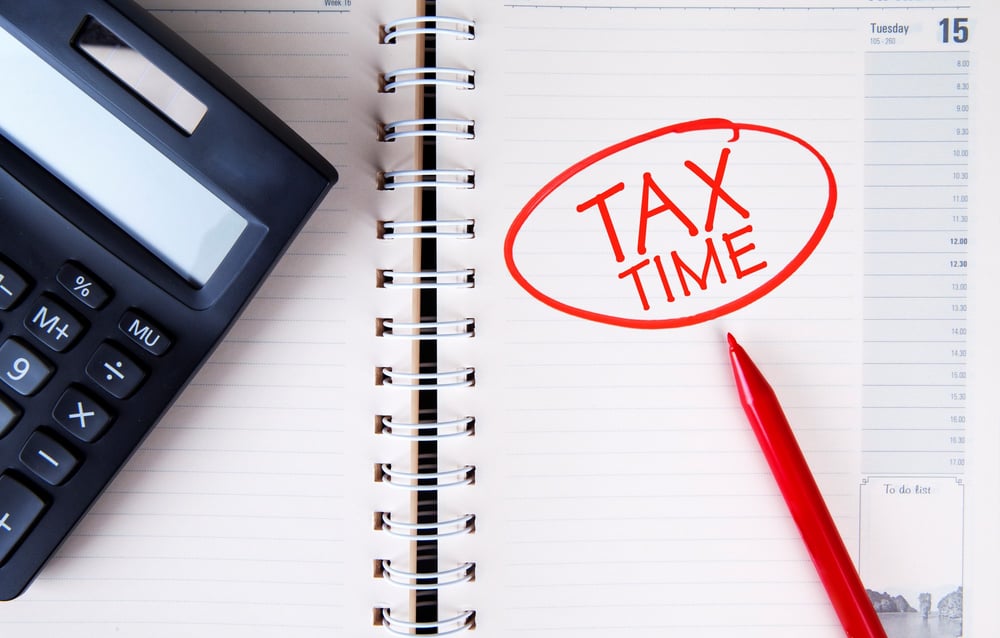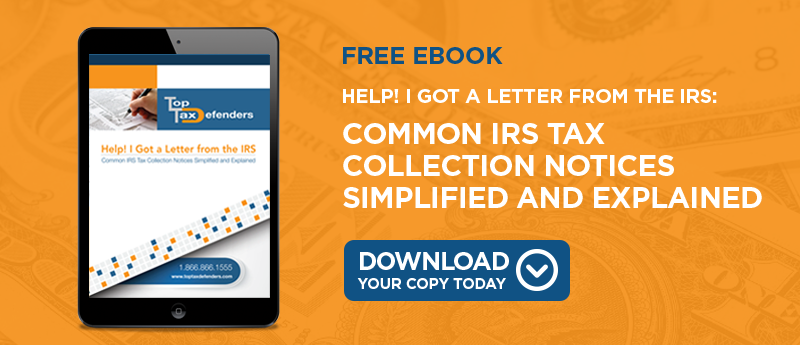
Another Tax Day has come and gone. If you weren’t able to file your taxes on time, did you request an extension?
The IRS allows you to file for an extension before Tax Day if you think you won't be able to complete your tax return accurately or completely by the deadline. However, an extension does not absolve you of doing more work to get everything completed. You still have stuff to do and a limited time to do it. Don’t worry about becoming an audit target. Filing an extension doesn’t raise red flags for the IRS.
Let’s talk about what you need to do AFTER you’ve filed an income tax extension. Oh, you didn’t know you could file for an extension? We’ll talk about that, too - who can file for an extension, why you might need to, and what you need to do as soon as possible, even if an extension was granted. Also, we will address why extensions get rejected, too.
First, a Note About Late Payment vs. Late Filing
There is a difference between filing late and paying late.
- Failure to File - If you file your income taxes after the deadline and you did not file for an extension, the IRS will charge a percentage of your unpaid taxes per month up to a quarter of your total. If you wait more than 60 days after the deadline, you may owe up to 100% of your unpaid tax, meaning you pay double your taxes.
- Failure to Pay - Even if you filed for an extension, you still need to pay your taxes by the original deadline (April 15 most years). If you don’t pay on time, the IRS charges 0.5% of your unpaid taxes per month up to 25% of unpaid taxes.
- Interest - You may also be required to pay interest on any unpaid taxes and the penalties listed above. Interest accrues at a rate of 5% annually, compounded daily.
There is some good news for those who do not owe taxes or are receiving a refund. There is no penalty for filing late under these circumstances. The IRS is more interested in charging penalties and interest to those who owe them money than the other way around.
By the way, if you don’t file a return voluntarily, and you owe taxes, the IRS will file a substitute for you. You may not get the deductions and exemptions you are entitled to receive.
Why Would You File an Extension?
There’s no shame in filing for an extension. You may need extra time for several reasons.
- Your tax preparation professional won’t get your return done in time. Ask your tax preparer to file for an extension and give you an estimate of any taxes owed.
- If you think you may receive a corrected Form 1099 with a revised amount for qualified dividends and foreign taxes.
- Buying or selling a home, changing jobs, starting a business, or exercising stock options require new forms to be filed. If you won’t get those done in time, file for an extension to gather all the information.
- If you receive income reported on Form K-1, you may not receive it in time to complete your return.
- If you need time to gather your receipts for special tax credits.
- If rushing completion of your return impacts its accuracy.
- To preserve tax refunds you may be owed by the IRS. Otherwise, you have three years from the original deadline to file for a refund.
- To gain more time to fund SEP-IRAs, solo 401(k)s, or SIMPLE-IRA plans, and to protect your social security benefits if you are self-employed.
- To gain more time to make certain determinations about deductions and credits.
- To get a break on your tax preparation fees. Some preparers charge more during "Tax Season," and the prices go down after Tax Day.
In short, if you know your return will not be ready to file by the deadline, at least file for an extension by Tax Day.
Use Form 4868 to file for an extension. The IRS grants six months after the original deadline to file. If the deadline was April 15, your extension gives you until October 15 of the same year. Unfortunately, you cannot ask for an extension on your extension, so get busy.
If you owe state income taxes, check with your state tax office to determine if you need to file a separate extension with them or if they will honor the federal extension.
What to Do in Your Additional Six Months
The first thing to do is to pay as much of your taxes as possible. The late filing extension does not mean you can pay late. If you don’t have enough information to know exactly how much you will owe, make your best estimate and pay that. Just make sure you pay it by the Tax Day deadline to avoid penalties and interest.
During your extension, you have several tasks to perform.
- Complete as much of your return as possible and then start a checklist of missing items.
- Mark any estimated amounts on the return so you won’t forget to go back later.
- As your tax receipts and other documentation arrive, check them off the list and organize all your documentation. Also, keep notes about how you arrived at various figures like the square footage of your home office.
- Make notes on credit card receipts and statements as needed, then place them with your tax packet.
- Enter any estimated payments you made when you asked for an extension.
- Complete an accurate return as soon as possible. You don’t want it hanging over your head until Fall.
Keep everything organized and ready to go so you can file your return when it’s complete. You don’t want to start over every time you go back to finish your return.
Can Extensions Be Rejected?
Yes. Yes, they can. Here’s why.
- Errors on the extension form like transposed numbers and misspelled names.
- The information is out of date, including using old addresses or last names that don’t match IRS records.
Although it’s easy to file for an extension, be every bit as meticulous as if you are filing your return. Errors at this stage of the game will add to your penalties and interest.
Filing for a tax return extension makes good business sense for many small businesses and sole proprietorships. Larger companies may not be ready to file on time either.
While there are some reasons you may not want to ask for an extension, such as the inability to recharacterize an IRA contribution, those are relatively rare circumstances. You will want to weigh them against filing an inaccurate return on time or paying fees and penalties for failure to file.
Use the extra time to gather and organize all your documentation, double-check your return for errors, and make decisions about deductions and credits. Just be sure to pay your taxes by the deadline whether or not you plan to file for an extension.
If you are unable to pay the full amount, contact the IRS or talk to us, Top Tax Defenders, to set up a payment schedule or other remedy.




